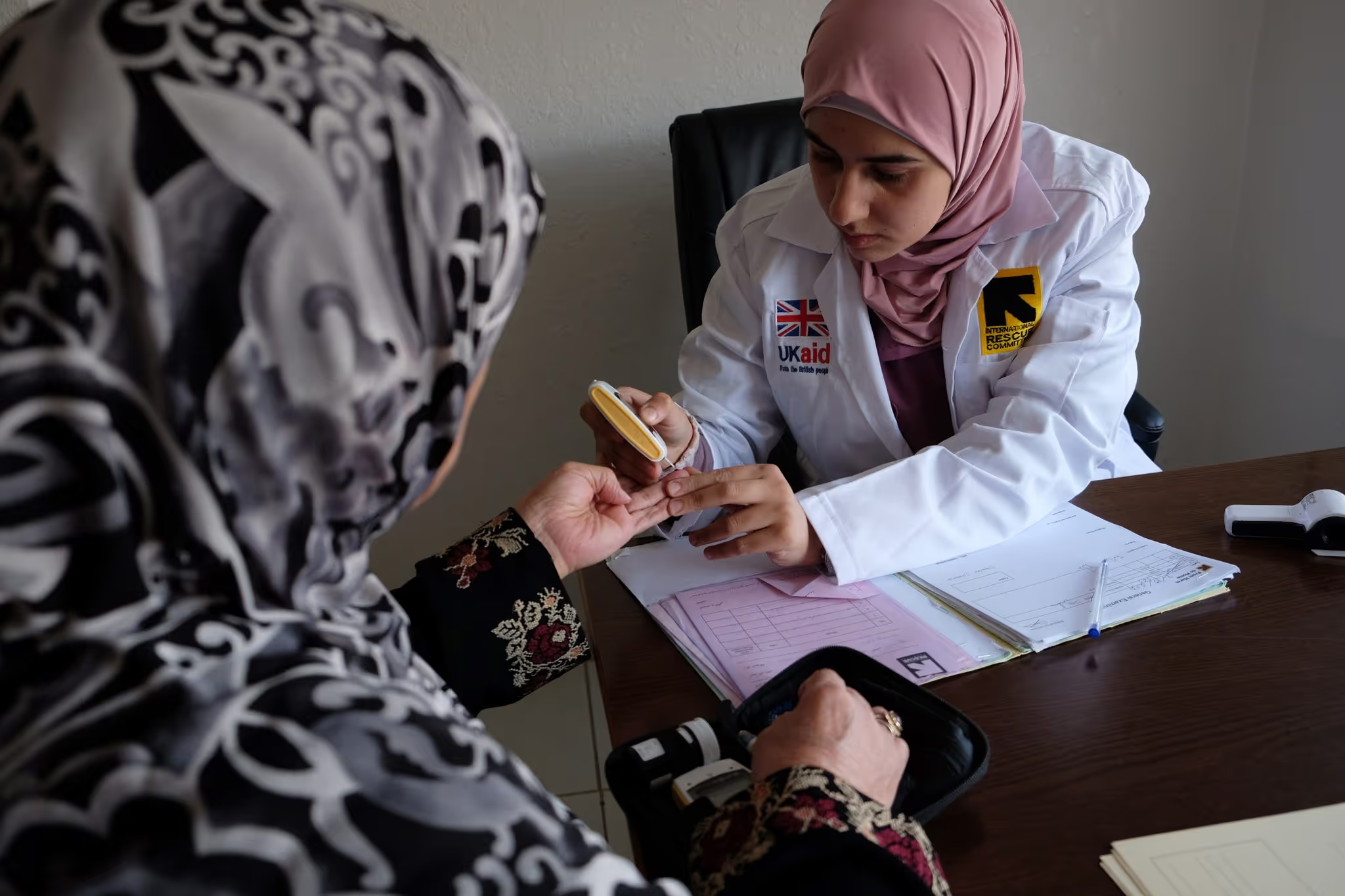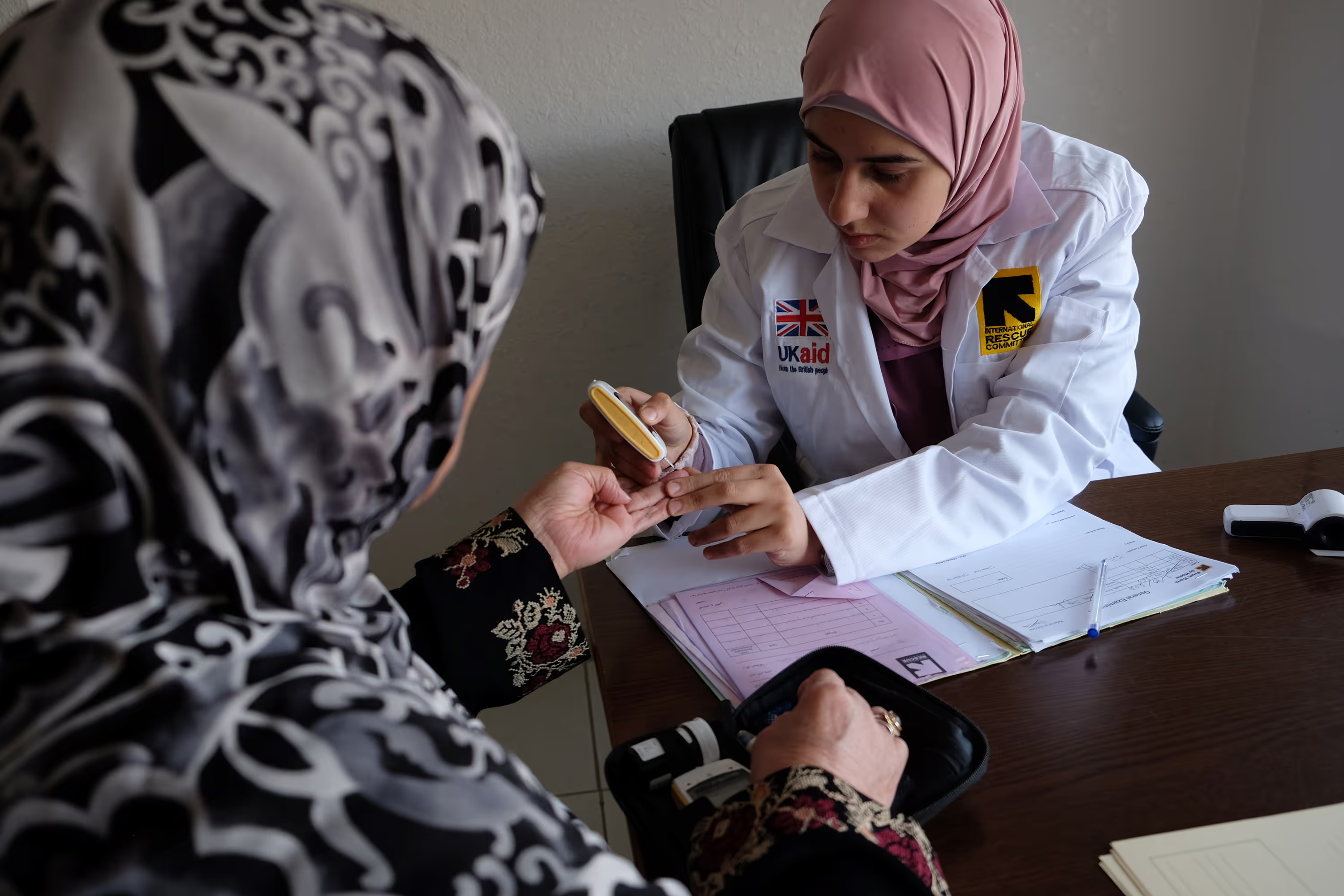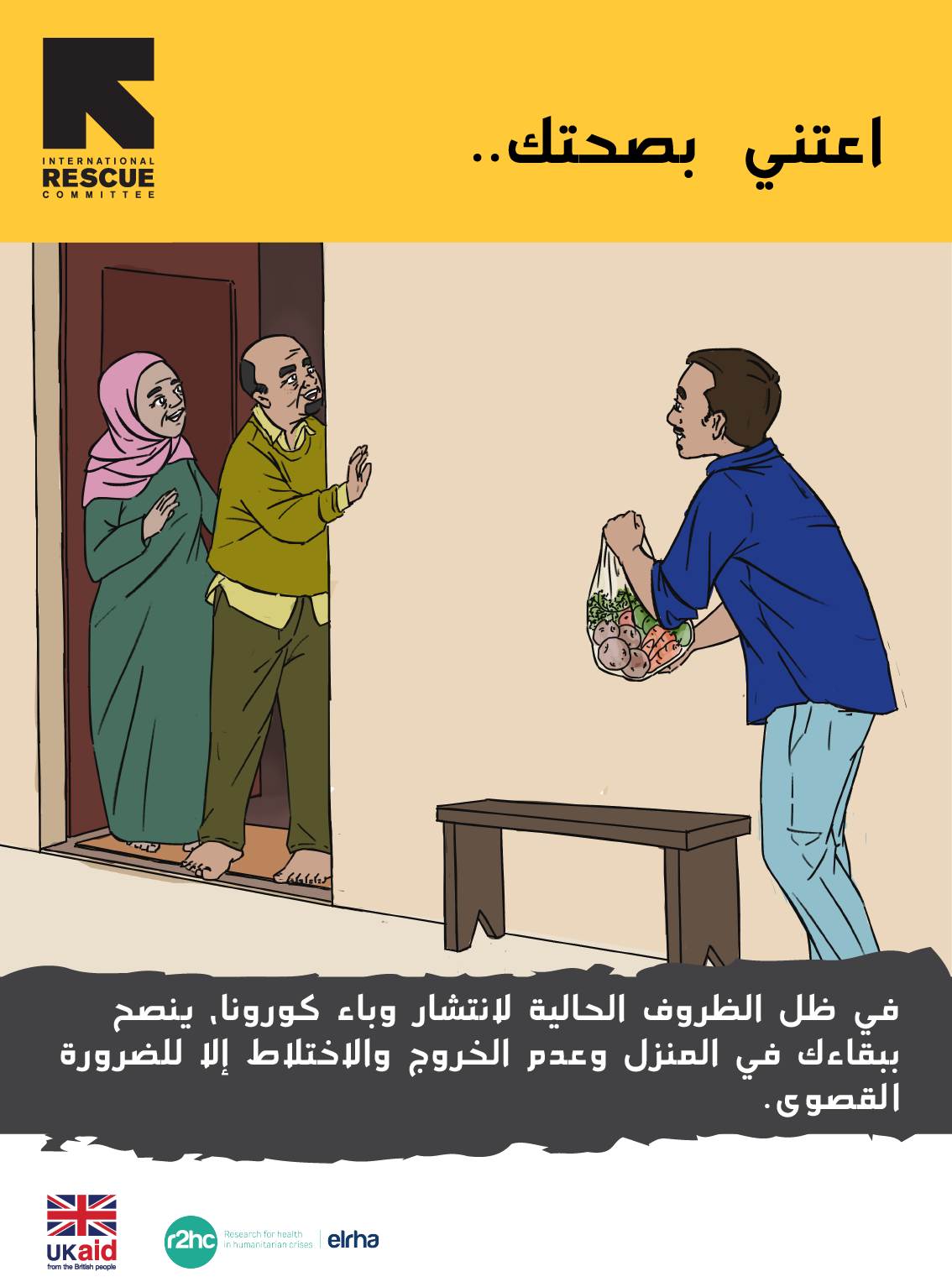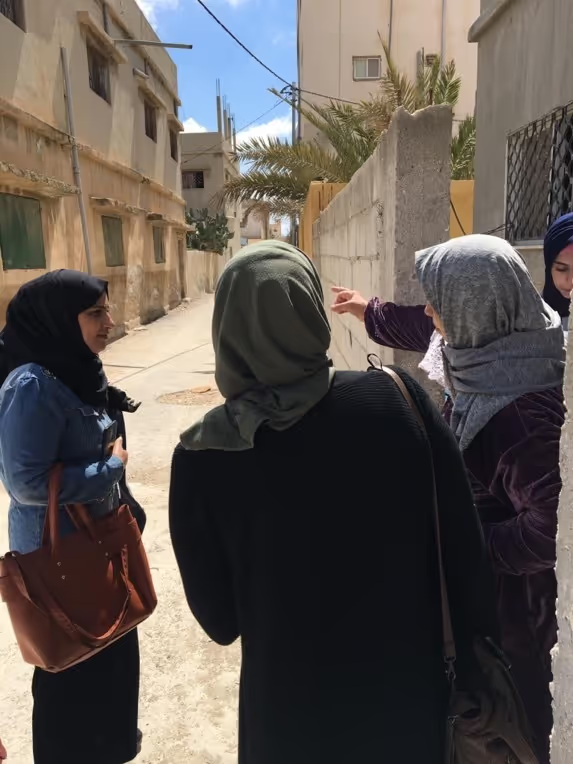Optimising a community-based model for case identification, monitoring, and prevention of hypertension and diabetes among Syrian refugees in Jordan

Project overview
The project investigated a remote community health volunteer (CHV) based model for non-communicable disease (NCD) care in a humanitarian emergency.
Countries
Jordan
Organisations
International Rescue Committee
Partners
University of Southern California, Jordanian University of Science and Technology, Brigham and Women’s Hospital
Area of funding
Humanitarian Research
Grant amount
£448,515
Start date
01
July
2018
End date
01
April
2021
Project length (in months)
33
Funding calls
Focus areas
Topics
Health systems and services
Status
Closed
Project solution
This project offers [specific solution or intervention] to tackle [challenge]. By implementing [strategies, tools, or innovations], the project aims to achieve [desired outcomes]. The approach is designed to [specific actions or methods] to bring about meaningful change in [community, region, or issue area].
Expected outcomes
This project aims to achieve [specific outcomes], such as [measurable results, improvements, or changes]. The expected impact includes [benefits to the target community, advancements in research or innovation, or long-term effects]. By the end of the project, we anticipate [specific changes or milestones] that will contribute to [broader goals or objectives].
No items found.
Principal Investigators: Parveen Parmar, University of Southern California & Ruwan Ratnayake
Research Brief: Managing non-communicable diseases amid the COVID-19 pandemic
This study implemented and evaluated a remote community health volunteer (CHV) strategy to manage non-communicable diseases for Syrian refugees. The study found that CHVs provided a critical link to this vulnerable population at the start of the COVID-19 pandemic. Find out more including recommendations from the study in this research brief.
[.cta_link]View Research Brief[.cta_link]
What did the study set out to achieve?
The study aimed to investigate and improve a community health volunteer (CHV) based model for non-communicable disease (NCD) care in a humanitarian emergency. To do this they set out to:
- Use a population-based survey to establish the prevalence of hypertension and diabetes, barriers to accessing care, and proportion of cases not under care.
- Use a causal loop analysis with key stakeholders to identify pathways for service provision, technical gaps, and areas for adaptation. Then modify the CHV-NCD programme accordingly.
- Implement the re-designed CHV strategy (i.e., training in case identification, referral, prevention, monitoring).
- Research adherence to care and effects on disease control, implementation feasibility and acceptability, and cost-efficiency.
The population based survey and causal loop analysis took place, but since COVID-19 meant CHVs could not visit patients in their households the planned intervention had to be adapted. A simpler remote CHV intervention focusing on the maintenance of health status, adherence to medications, and early detection of acute complications requiring care, was implemented. This was evaluated through a prospective cohort study, qualitative research and a cost-efficiency study. The study also incorporated detection for COVID-19.
What were the key findings?
- CHVs filled gaps in NCD care that are routinely missed in clinical care (e.g., timely monitoring of complications, self-management, counselling, psychosocial care).
- A tablet-based CommCare programme helped CHVs monitor for stockouts, complications, and needs for referral, psychosocial care, and suspected COVID-19 cases in the household.
- The programme functioned well with >;80% monthly uptake of CHV consultations; 87% remaining in care; 90% monthly medication adherence; >;50% referred for SARS-CoV-2 testing were positive. Most patients retained stable disease control measures by the end of the study.
- Aligned with WHO guidelines, CHVs were embedded in a supportive and integrated primary care programme that included clinics and pharmacies. However, urgent referrals to secondary care were extremely constrained and handled on an emergency, ad-hoc basis.
- The programme was cost-efficient (INT 218 per patient per year compared with INT 209 for a single primary care consultation).
What does this mean for policy-makers and practitioners?
- CHV programmes must be well-integrated into the health system. For efficiency particularly in humanitarian settings, CHV programmes for NCDs can focus on high-risk patients (e.g., elderly, poor mobility, poor control, co-morbid disease). For more stable patients, CHVs can deliver foundational health education on a less frequent basis.
- Given the relatively small number of urgent referrals to hospitals in this study, it may be cost-efficient to financially support referrals and position CHVs to coordinate referrals.
- Remote CHV strategies are relevant for future COVID-19 waves, as well as any sudden disruptions that cuts off access to services. CHVs provided refugees with a continuous linkage to NCD management, and COVID-19 detection and testing.
- The study produced recommendations for remote CHV programming during a period of instability. The lack of a household visit means that a more comprehensive programme (with in-person counseling, biological monitoring, and visual detection of complications) still requires evaluation among refugees in this context.
The study team have worked closely to share these findings with the Jordan Ministry of Health to inform potential future CHV programmes, and NCD management.
No items found.
Project delivery & updates
Stay up to date with the latest developments from this project. Here, you will find details on what has been delivered, resources created, and regular updates as the project progresses. Access key documents, reports, and other materials to see how the project is making an impact.
No resources/updates have been published yet for this project. Sign up for our newsletter to stay informed about upcoming publications and updates!
Join our Newsletter
Resources
Simple ideas to mitigate the impacts of the COVID-19 epidemic on refugees with chronic diseases
Guidance
LEARN MOREAccess to Care and Prevalence of Hypertension and Diabetes Among Syrian Refugees in Northern Jordan
Journal article
LEARN MOREIntegrating community health volunteers into non-communicable disease management among Syrian refugees in Jordan: a causal loop analysis
Journal article
LEARN MOREAdaptation of a community health volunteer strategy for the management of hypertension and diabetes and detection of COVID-19 disease
Journal article
LEARN MORECommunity Health Volunteers Deliver Quality Care to Refugees with Hypertension and Diabetes Amid COVID-19 Treatment Interruptions
Policy brief
LEARN MOREA community health volunteer strategy for the management of hypertension and diabetes and COVID-19 detection among Syrian refugees in Jordan
Research brief
LEARN MORERapidly adapted community health strategies to prevent treatment interruption and improve COVID-19 detection for Syrian refugees and the host population with hypertension and diabetes in Jordan
Journal article
LEARN MORE


